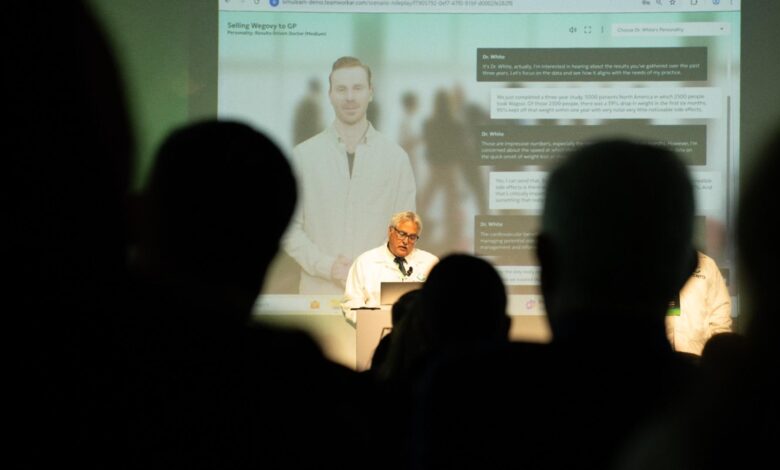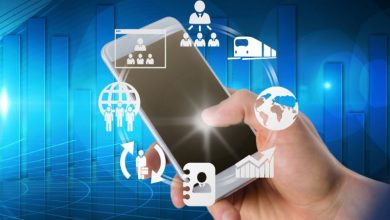
Introduction
The modern workplace is undergoing a radical transformation. Automation, hybrid work, and constant digital disruption are redefining roles and responsibilities. But amidst these changes, one thing remains constant: the enduring importance of soft skills. Communication, empathy, adaptability, and emotional intelligence are now more essential than ever. Yet organizations are falling short. The soft skills gap is costing the U.S. economy a staggering $160 billion annually.
Soft skills deficits impact everything from employee retention to sales conversion and customer satisfaction. A study by The Wall Street Journal found that 92% of business leaders rank soft skills above technical capabilities. However, only 35% of organizations offer structured soft skills training. This disconnect presents a significant opportunity: one that can be addressed through the strategic deployment of AI-powered immersive learning platforms.
The Collapse of Traditional Training
Traditional soft skills training has proven inadequate for the demands of a fast-paced, increasingly remote, and diverse workforce. Workshops and classroom settings offer limited reach and relevance. One-off webinars and e-learning modules, while convenient, are static and lack contextual alignment with day-to-day job functions.
The key pain points of legacy training models include:
– Generic content with limited personalization.
– High costs for instructor-led or in-person formats.
– Inability to scale effectively across departments or geographies.
– Absence of timely, actionable feedback.
These limitations prevent organizations from cultivating soft skills in a way that’s sustainable, engaging, and measurable.
How AI Is Transforming Learning & Development
AI is reshaping the learning and development (L&D) landscape by making training smarter, more adaptive, and more responsive. With machine learning, natural language processing, and real-time analytics, AI can simulate human interactions, recommend personalized learning paths, and offer coaching in the moment of need.
More importantly, AI solutions now go beyond content delivery—they act as performance accelerators. By combining immersive roleplay, just-in-time learning, and adaptive platforms, organizations can embed soft skills training directly into the flow of work.
1. Adaptive Learning Platforms: Precision at Scale
AI-driven platforms like Squirrel AI, Fishtree, and 360Learning personalize training based on user performance and goals. These tools use diagnostic assessments to craft unique learning journeys for every employee.
Key benefits include:
– Up to 60% improvement in retention rates.
– Reduced training time by 50% or more.
– Identification of performance gaps before they affect business outcomes.
This form of precision learning is ideal for large organizations needing consistent standards without sacrificing personalization.
2. Just-in-Time Microlearning: Knowledge When It Matters
Just-in-time platforms such as Axonify and Disprz deliver microlearning content right when employees need it—during a sales pitch, customer call, or compliance situation. By using real-time data, these tools surface the most relevant content at the perfect moment.
Bersin by Deloitte reports that employees are 70% more likely to apply knowledge if it’s delivered contextually. The result? A more agile workforce that can act with confidence in dynamic environments.
3. Roleplay Simulations: Practicing the Unpredictable
Cicero, Skill Gym, and Second Nature AI are redefining soft skills training through AI-powered simulations. These platforms recreate high-stakes conversations—negotiating with clients, handling objections, delivering feedback—with lifelike avatars and real-time AI responses.
A major differentiator is unscripted, dynamic roleplay. Unlike pre-recorded videos or decision trees, these simulations adjust in real time, challenging learners to think critically and respond naturally.
Cicero, for instance, enables learning teams to build custom roleplay scenarios in 15 minutes or less. A large Fortune 500 medical device company’s deployment of Cicero yielded a 65% increase in sales rep confidence and a 40% jump in customer satisfaction metrics.
4. Virtual Coaching and Mentorship: Always-On Development
AI-powered coaching platforms like BetterUp and Khanmigo bring leadership development and behavioral coaching to scale. These tools assess user inputs—such as tone, sentiment, or progress—and deliver customized feedback that supports personal growth.
Research shows that employees who receive regular coaching are 63% more likely to receive promotions and exhibit higher levels of job satisfaction. AI makes this kind of personalized mentorship available on-demand and organization-wide.
The ROI Is Real: Business Impact You Can Measure
Soft skills are no longer intangible or untrackable. With AI, every interaction, learning module, and coaching session is logged, analyzed, and visualized.
Organizations report:
– 50% faster onboarding times.
– 60–70% lower training delivery costs.
– Measurable gains in communication, collaboration, and leadership KPIs.
– Enhanced employee engagement and retention.
Platforms like Cicero also integrate directly with existing LMS systems and compliance frameworks, ensuring seamless measurement and scale.
Conclusion: Future-Ready Means Human-Ready
AI isn’t here to replace human soft skills—it’s here to teach them. As machines take on more routine tasks, the value of human interaction skyrockets. That’s why future-ready organizations are investing now in building these uniquely human capabilities.
With immersive, personalized, and data-driven AI learning platforms, the soft skills crisis doesn’t just become solvable—it becomes a competitive advantage.




